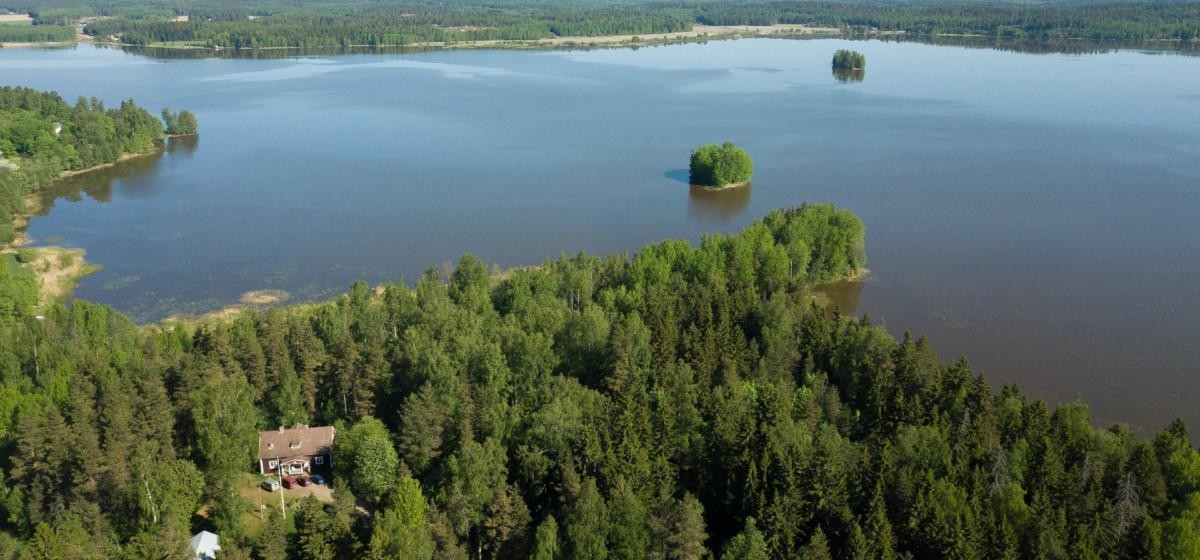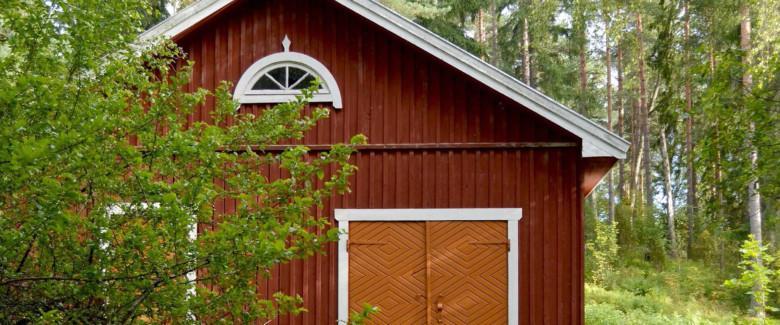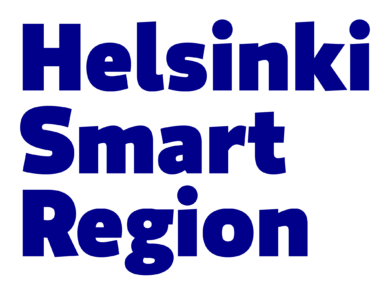Cases

Citizens' city
Resource-wise solutions for rural businesses and rural housing in a human-oriented manner
Published:
Over the past two years, the European Regional Development Fund-funded project Resource-wise with human-oriented methods has both sought solutions for resource-wise construction as well as developed new resource-wise products and services for rural businesses.
As Lapinjärvi develops its operations in a human-oriented manner, human orientation has also been the starting point for developing resource wisdom. In practice, human-orientation means that during the development process we listen to the needs, goals, feelings and values of residents and entrepreneurs, and seek to find new product and service-innovations as well as solutions for sustainable construction and housing. Human orientation shapes both the process, as well as what is being developed.
The result of the project is two human-oriented operating models: one for the development of resource-wise products and services, the other for the implementation of a resource-wise joint building process. The project is being implemented in cooperation between the municipality of Lapinjärvi, Aalto University and Laurea University of Applied Sciences.
Facilitating resource-wise choices in construction
In the project, Aalto University is looking for solutions for municipal-driven and resource-wise resident-managed joint building venture. The operating model will be created utilizing the residential area planned for Husulanmäki in Lapinjärvi. The starting point for the development is Husulanmäki’s town plan and a way through which resource wisdom and circular economy are being accounted for in the construction solutions. The project seeks answers to what these solutions could mean for Husulanmäki and in detached house construction in general.
In the construction of Husulanmäki, resource wisdom means taking into account economic, ecological and social aspects. This can mean, for example, savings from joint procurement of building materials, the use of renewable and recyclable materials in construction, or a more rational use of time when construction responsibilities are shared among the joint builders. The community also brings opportunities for resource wisdom in Husulanmäki as it enables the sharing of resources among the residents also during the living phase.
In addition to defining what resource wisdom really means in construction, the project has also looked for most efficient ways to implement municipal-led joint building. This has included for example developing a new management model for an area with several co-owned buildings.

Human orientation has been closely involved in the development of the operating model throughout the project. Hopes and fears related to rural housing and environmental attitudes related to detached houses have been surveyed. In addition, the operating model being developed has been tested in project workshops and, if necessary, changes have been made based on the feedback received.
Resource wisdom suitable for local conditions is being created in a human-oriented manner
Laurea University of Applied Sciences part in the project has been to encourage and help the businesses in Lapinjärvi to develop new resource-wise products and service. In order for new products and services to be successful, they must be based on local needs. This also seemed to be the opinion of the local residents who participated in the project – the project team was required to have local knowledge and to take villages and sparsely populated areas into account in the development of solutions.
The mapping of the entrepreneurs´ and the residents´ wishes and expectations related to circular economy and resource wisdom was carried out through interviews and surveys and by involving people in workshops in the development of products and services at different stages of development. At the beginning, challenges related to local resource wisdom were gathered from the residents. Of the resident-oriented ideas, the idea of utilizing empty houses in the countryside through a housing experiment came to the forefront.
Resource-wise ideas mature in different ways and on their own schedule
Participating companies looked at their operations from a resource-wise perspective and identified big and small opportunities. Some of the opportunities that emerged proved more difficult to implement and required various studies and the establishment of cooperation networks. There were also insights that could be grasped quickly.
Resource wisdom was sought for businesses in Lapinjärvi for example through the utilization of by-products, the extension of the product life cycle and the development of a peer-to-peer rental service suitable for rural conditions.
Each development path has been of a different length and included different aspects to figure out and explore further. The differences are partly due to the different needs and starting points of businesses for the development of resource wisdom, but also partly due to the differences in the ideas to be developed. Despite the differences, common elements were also found in the development paths on which an operating model can be built. We have moved forward with the development strongly in accordance with the entrepreneurs schedule, and the process has been modified according to the businesses needs and wishes, as it should be, when developing in a human-oriented manner.
The key lesson of the project is the strengthening of the idea that local resource wisdom should be built from local conditions, be it the development of products and services or a resource-wise residential area.
Image Credit: Henrik Lund
Resource-wise with human-oriented methods Project
Project Duration: September 2019 – December 2021.
Project Partners: Municipality of Lapinjärvi, Aalto University and Laurea University of Applied Scineces
Funded by the Helsinki-Uusimaa Regional Council
For more information, please contact:
Project Manager Ms Tanja Pöyhönen
tanja.poyhonen(at)lapinjarvi.fi
Resource-wise with human-oriented methods Project
Project Duration: September 2019 – December 2021.
Project Partners: Municipality of Lapinjärvi, Aalto University and Laurea University of Applied Scineces
Funded by the Helsinki-Uusimaa Regional Council
For more information, please contact:
Project Manager Ms Tanja Pöyhönen
tanja.poyhonen(at)lapinjarvi.fi







 Return to listing
Return to listing